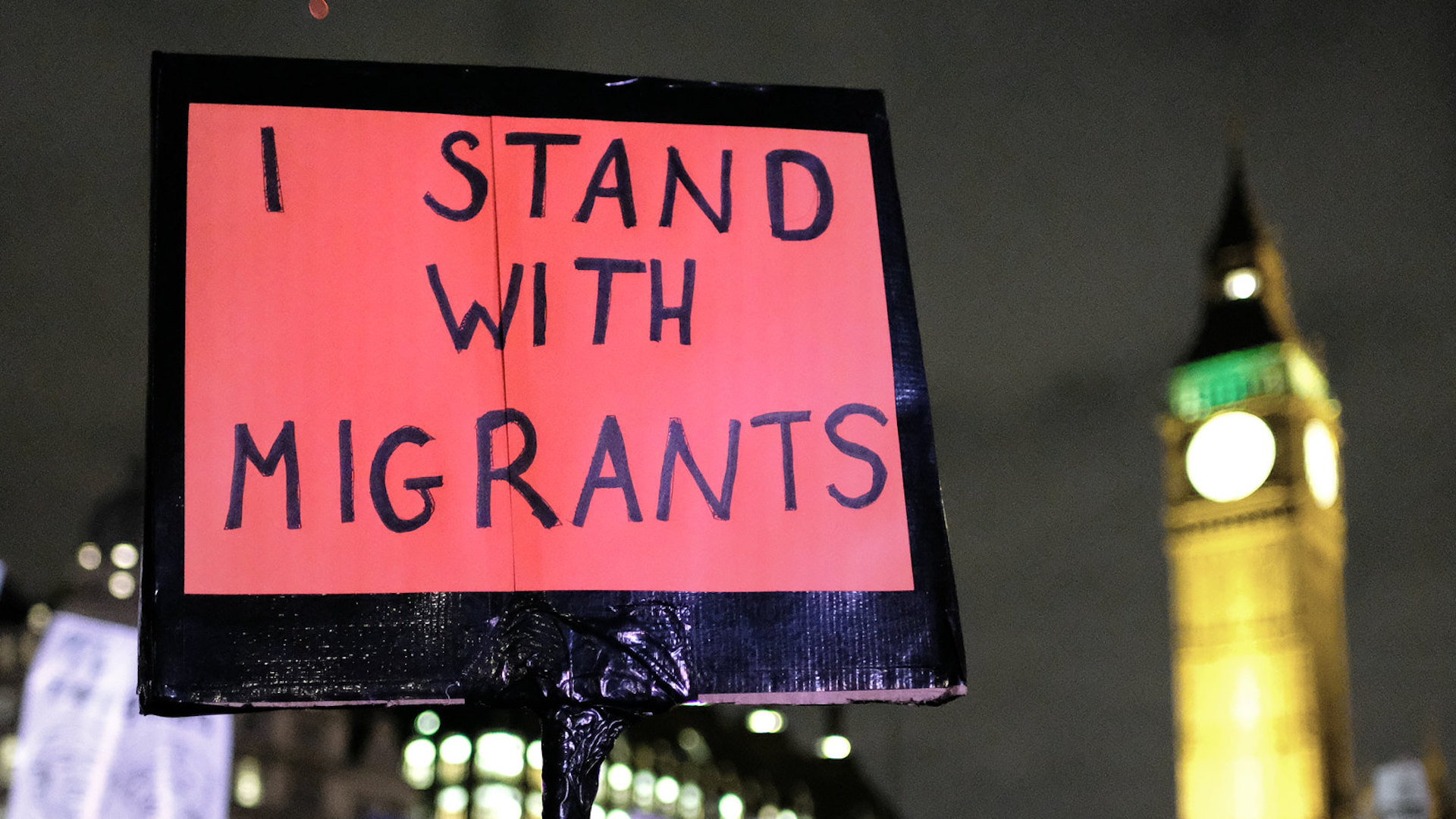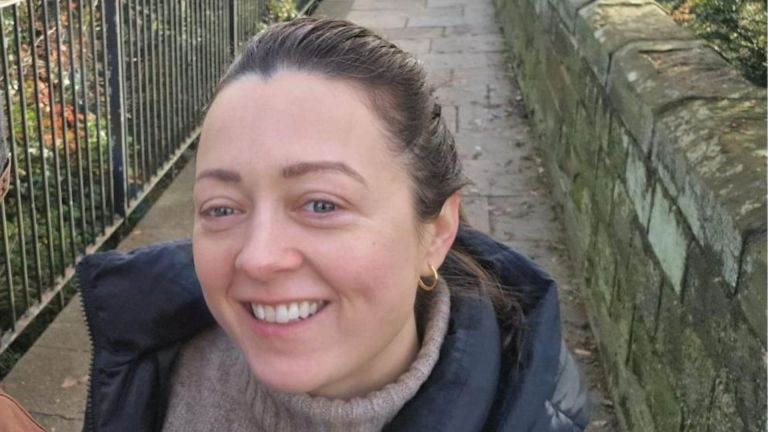When Dave, originally from Malaysia, left a post-9/11 United States for the UK, he hit the ground running and built a successful career for himself. But nearly two decades later, he found himself at the heart of the Home Office’s accelerating “hostile environment” tactics against asylum seekers, pushed into homelessness and relying on money from passers-by to survive.
Life as an asylum seeker is “an open air prison”, Dave, now in his late forties, told The Big Issue. Detention centres are “concentration camps”. The government is creating “modern day slavery” by leaving asylum seekers to live on £39.50 a week and turn to working underground, he said. “People say the system’s broken, it’s not broken. It’s designed like that.”
Dave, who preferred not to give his surname, fled political persecution in Malaysia and studied in the US, but faced increasing hostility after the September 11 attacks and struggled to secure his right to stay. “Everyone from an Islamic country was labelled a terrorist,” he said. Opting to leave for a different English-speaking country, he fled to the UK as a “last option”.
Over the next five years Dave developed his career in London, built a life and even completed jury duty all while battling to regularise his immigration status – the process by which undocumented migrants gain permission to stay in the country. He went from solicitor to solicitor, all of whom took thousands of pounds from him but left him without the legal right to remain.
“They were stringing me along,” he said. “They said ‘oh, your case is complicated’, took £500 here, £1,000 there.” By the time Dave found out one solicitor had not actually submitted papers to the Home Office as he expected, he had overstayed his time in the UK. Later, another solicitor submitted papers for Dave under Article 8 of the European Convention on Human Rights – which protects a person’s right to private and family life – because he had built a network of friends and community around him.
Support The Big Issue and our vendors by signing up for a subscription.





